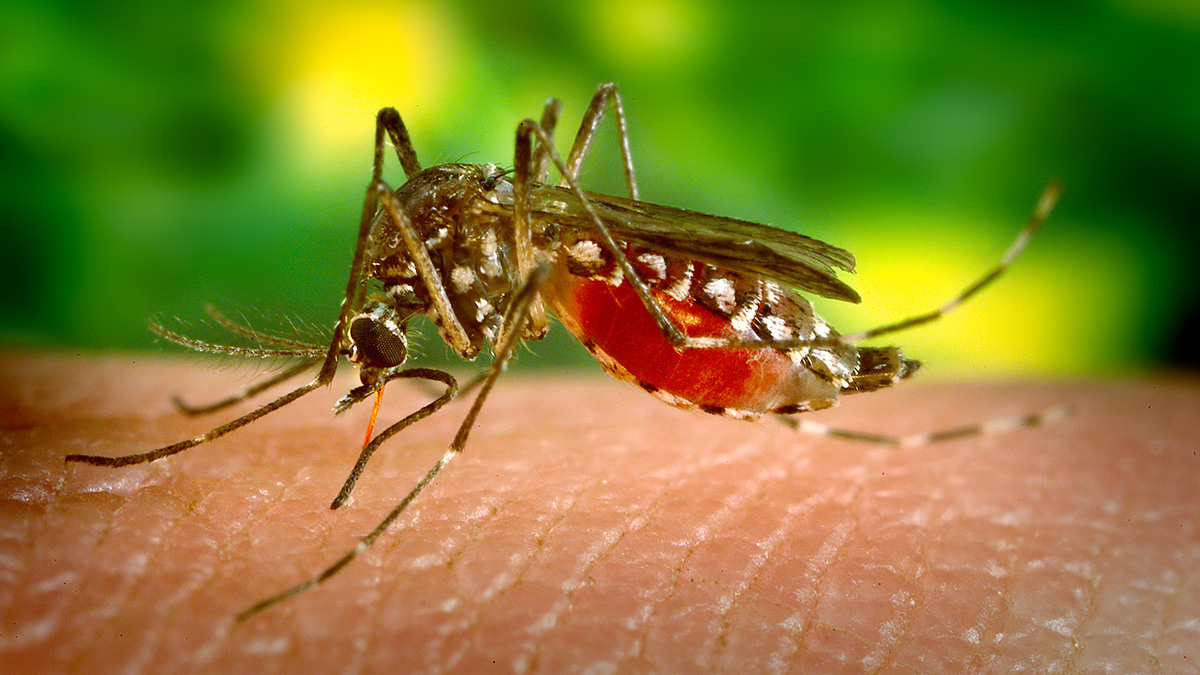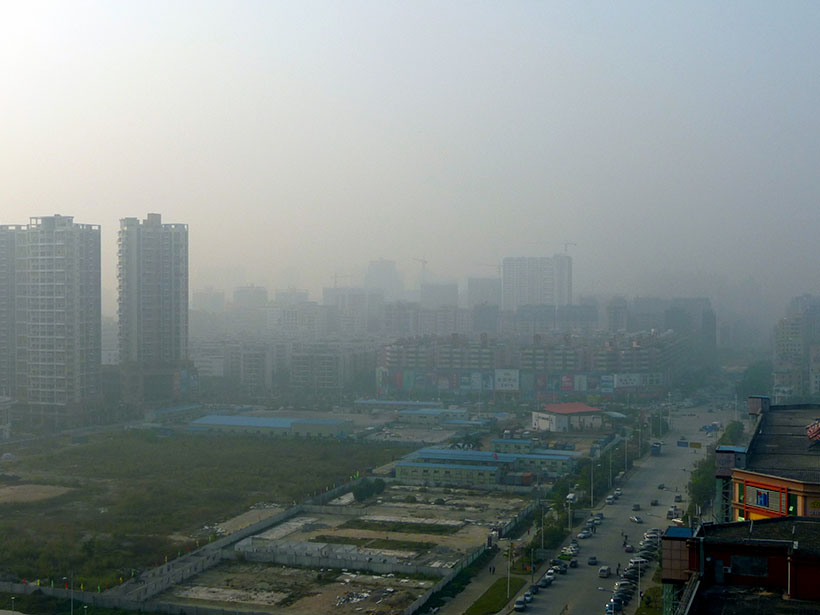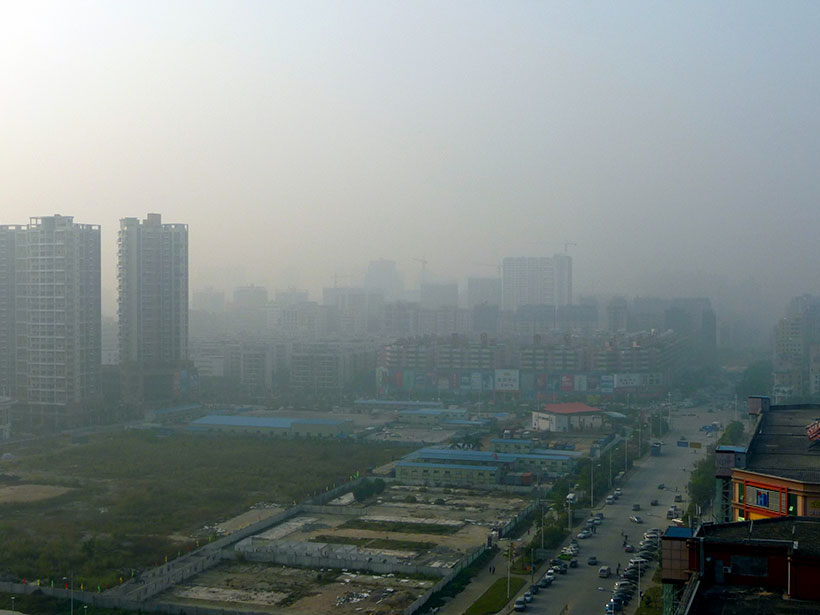While collecting data using an app, volunteers have the chance to support research and fight mosquito populations on the ground.
geohealth
An Eye in the Sky Tracks Air Pollution Inequality in U.S. Cities
A new study uses its data to show that diesel traffic is the largest source of pollution inequality across racial and economic divides
Air Pollution Killed a Million People in Africa in 2019
Experts say nature-based mitigation strategies and investment in renewables could reduce both indoor and outdoor air pollution and stimulate sustainable and safe growth.
Fires Lit for Agriculture Boost Air Pollution in Southeast Asia
Reducing fires lit for agricultural management and deforestation, which unduly affect poorer populations, could help prevent 59,000 premature deaths per year.
How Do You Know If You’ve Experienced Global Warming?
Answering this question can help policymakers, scientists, and climate communicators develop more effective strategies to reach skeptics and deniers.
Los beneficios para la salud y el clima de reducir la contaminación del aire
En un nuevo estudio, investigadores aplicaron un modelo global del sistema Tierra para estimar los impactos de las reducciones de emisiones por sector.
Amazon Deforestation and Fires are a Hazard to Public Health
Deforestation in the Amazon has dropped since the early 2000s, but it is slowly climbing again. A new study shows the impact of that climb on public health—and how much worse conditions could be.
How Can Wristbands Monitor Pollution, PAHs, and Prenatal Care?
Silicone wristbands can help monitor pregnant women’s exposure to polycyclic aromatic hydrocarbons. Tracking these toxic chemicals, produced by combustion, could improve public health outcomes.
Wildfires Are Threatening Municipal Water Supplies
Climate change is driving an increase in catastrophic wildfires; consumers see, smell, and taste the effects in their water. Water utilities must prepare for worse times ahead.










